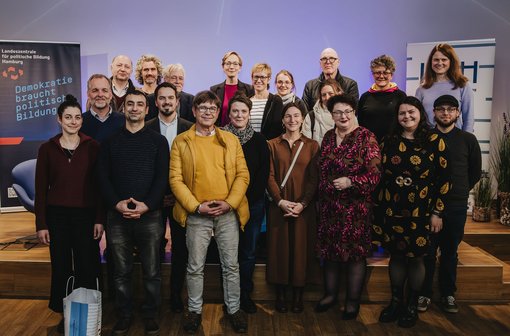In time for the OSCE Ministerial Council in Vienna, the OSCE Network of Think Tanks and Academic Institutions published a report titled “The Road to the Charter of Paris” on 7 December 2017. The 30-page report was written by Christian Nünlist (Center for Security Studies, ETH Zürich), Juhana Aunesluoma (University of Helsinki), and Benno Zogg (CSS/ETH). It is based on two workshops that brought together 37 eyewitnesses and academics, including former CSCE ambassadors who had negotiated the Charter of Paris in 1990. The project was sponsored by the foreign ministries of Austria, Germany, Switzerland, Slovakia, Finland, Ireland, and Serbia.
The report reconstructs the historical root causes of current tensions between Russia and the West, based on archival sources and eyewitness statements. It focuses on the period between the fall of the Berlin Wall in November 1989 and the CSCE Summit in Paris in November 1990. The main purpose of the project was to add the view of contemporary historians to a plurality of interpretations of the end of the Cold War in Europe and the beginning of a new European security architecture.
The report calls for mutual historical empathy and a frank and open discussion of contested narratives on European security since 1990, based on archival evidence and taking historical context into account. A “history dialogue” of this sort is in itself a much-needed confidence-building measure in the current conflict between Russia and the West.




